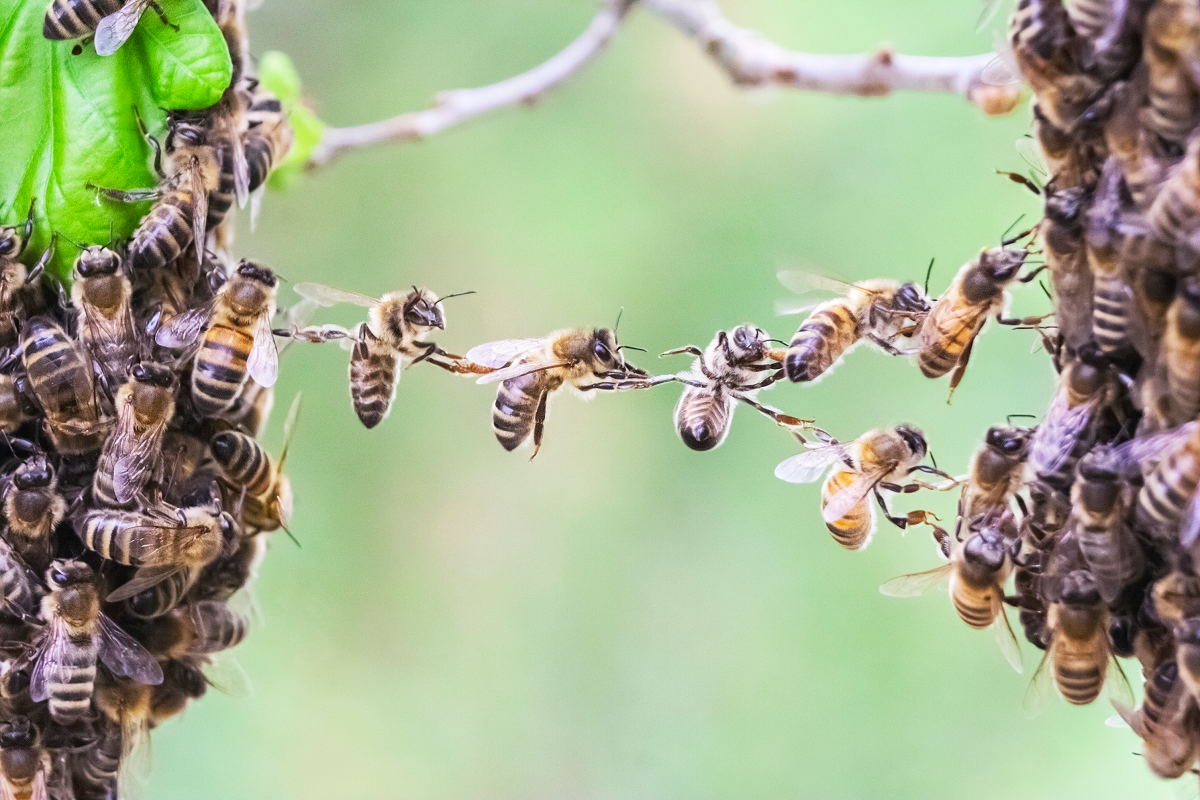
Published :
Updated :

Altruism, or the selfless concern for the well-being of others, is not exclusive to human beings. Many species in the animal kingdom exhibit acts of altruism that are truly remarkable. From birds eating the earwax of cows to ants carrying injured comrades back to the nest, these acts of selflessness in nature are truly awe-inspiring.
Birds with big animals
One of nature's most fascinating examples of altruism can be seen in the relationship between birds and cows. In many regions of the world, particularly in India, it is not uncommon to see cattle egrets perched on the backs of cows and other large grazing mammals.
These birds have developed a unique symbiotic relationship with these animals, feeding on the insects that are attracted to the cow's body as they graze. However, what is particularly remarkable about this relationship is that some species of birds, like the oxpecker, also eat the earwax of the cows they perch on.
While it may seem strange or even disgusting to humans, earwax is a valuable source of nutrition for these birds. The wax is rich in lipids and fatty acids, which provide a high-energy food source for birds.
What's more, by removing the wax and other debris from the cow's ears, the birds also provide a valuable service to their hosts. By keeping the ears clean, they help to prevent infections and other health issues that a buildup of earwax can cause.
Altruism in ants
Ants are known for their highly social behaviour, with colonies working together to gather food, care for the young, and defend against predators. But what is particularly remarkable is that some species of ants will also care for injured or sick members of their colony.
When an ant is injured, other ants will often carry it back to the nest for treatment. The injured ant will be cleaned and cared for by its fellow ants until it has recovered. This behaviour is not just limited to injured ants, however. Some species of ants will also care for sick ants, providing them with food and water until they recover.
This selfless behaviour helps to ensure the survival of the entire colony, even if it means sacrificing resources for the benefit of a single member.
The intelligent Dolphins
Yet another example of altruism in nature can be seen in the behaviour of dolphins. Dolphins are highly intelligent and social animals known for their playful nature and acrobatic displays. But many people may not know that dolphins will also come to the aid of other animals in distress, even if they are not members of their own species.
In one particularly remarkable incident, a group of dolphins was observed helping a stranded humpback whale. The whale had become beached on a sandbar and could not free itself. The dolphins were seen swimming around the whale, vocalising and nudging it gently in an apparent effort to encourage it to move. Eventually, the whale was able to free itself with the help of the dolphins and swam away unharmed.
Bees are famous for altruism
Bees are known for their highly social behaviour and remarkable ability to work together for the colony's benefit. One of the most striking examples of altruism in bees can be seen in the behaviour of worker bees. These bees are responsible for tasks such as caring for the young, gathering food and maintaining the hive, and they do so with incredible efficiency and coordination.
Although worker bees are sterile and cannot reproduce, they work tirelessly to benefit the queen and the colony. This selfless behaviour ensures the hive's survival and underscores the importance of cooperation and community in the natural world.
Whether it's birds eating the earwax of cows, ants caring for injured comrades, or dolphins helping stranded whales, these acts of kindness and compassion help to ensure the survival of not just individual animals but entire ecosystems.
As we continue to explore and study the natural world, it's important to remember that the bonds of community and cooperation extend far beyond our own species and that by working together, we can achieve great things.
shuvrosaikat85@gmail.com


 For all latest news, follow The Financial Express Google News channel.
For all latest news, follow The Financial Express Google News channel.